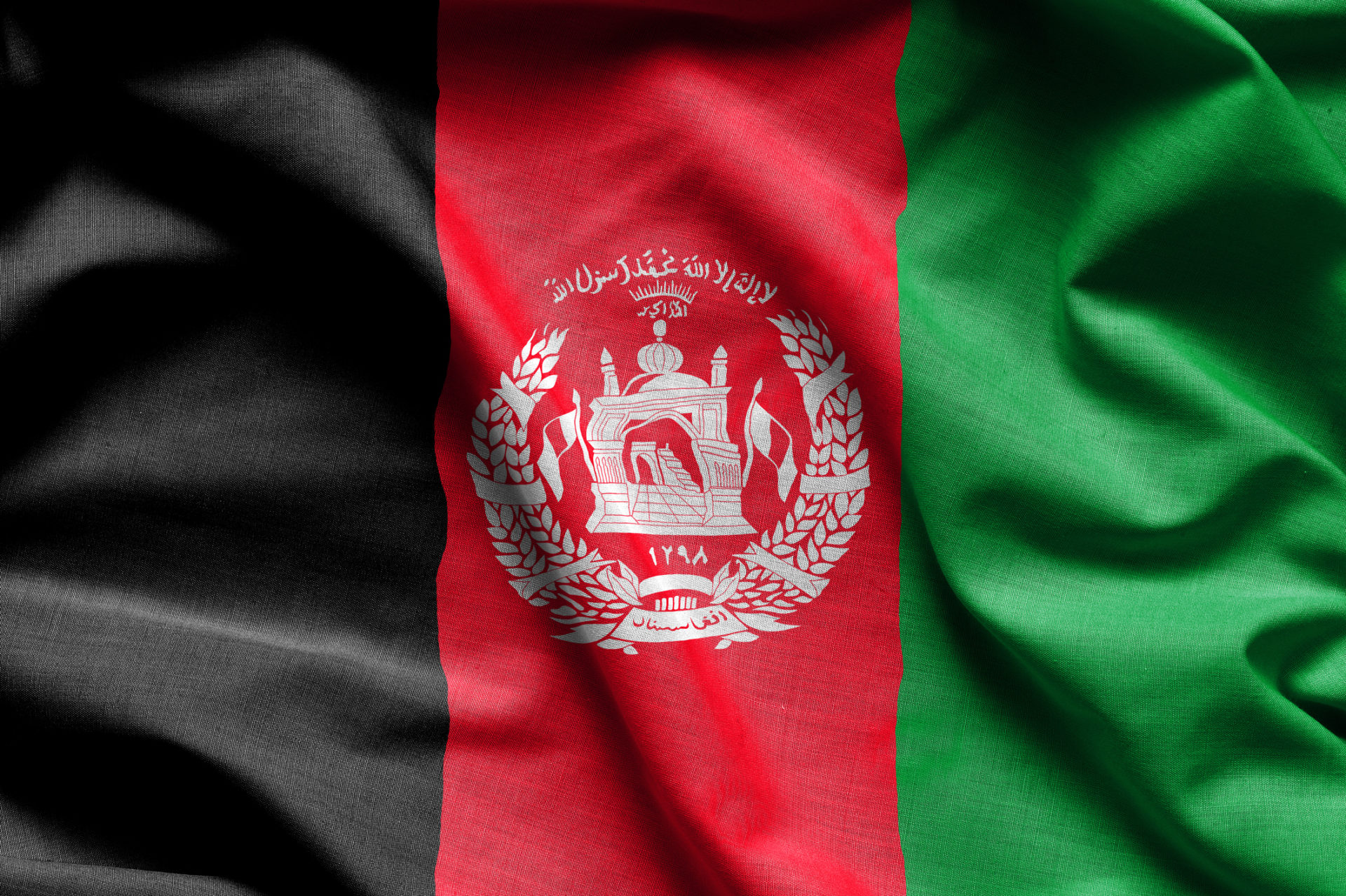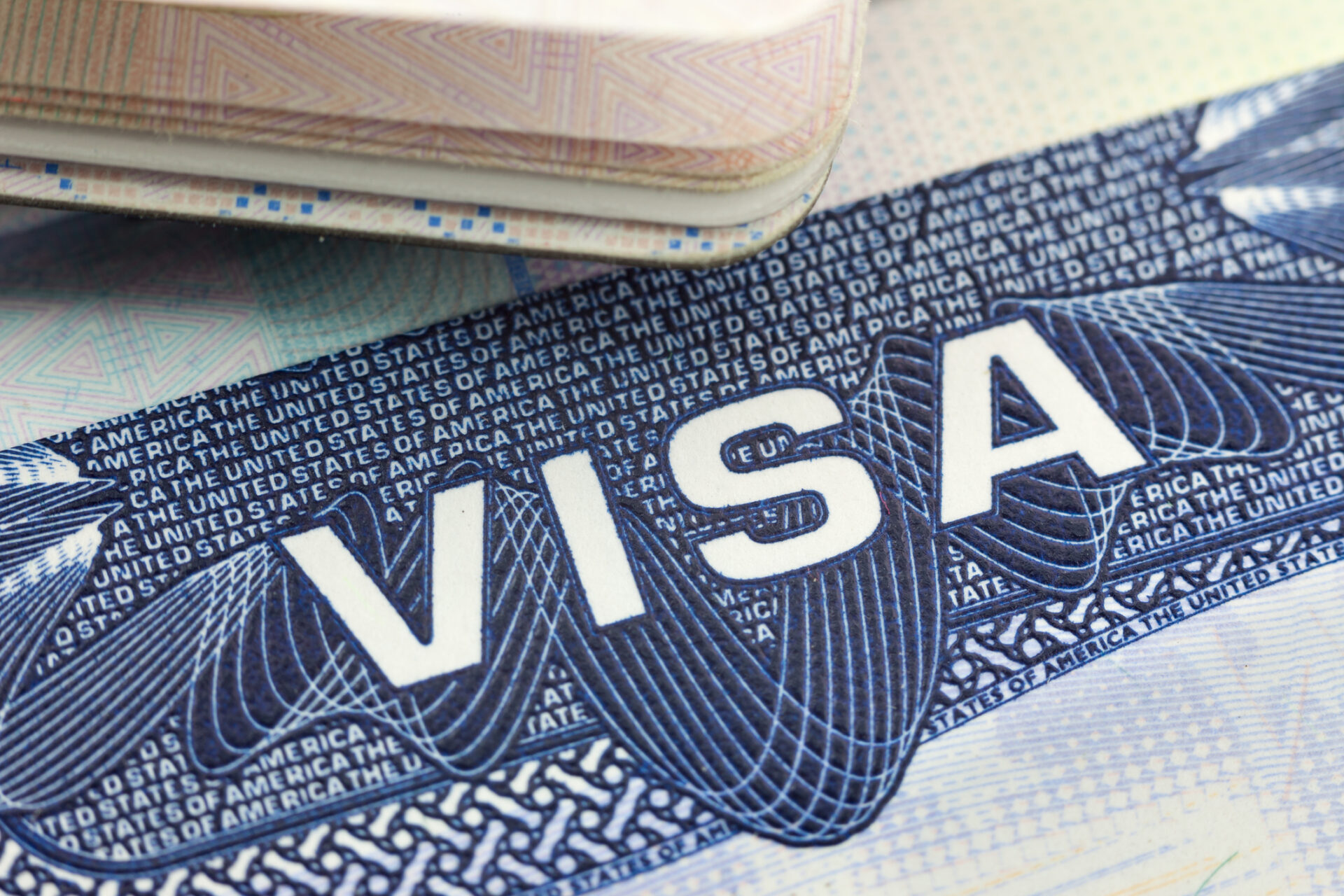The news this week out of Afghanistan has been alarming on a human rights level and has created a sense of uncertainty about the future of the country. At AMOpportunities, our mission is rooted in the accessibility of opportunity for all people, regardless of religion, gender, race, or political beliefs. With the collapse of the Afghan government this week, progress in women’s rights are at risk of regressing, restricting opportunity for Afghan women and girls.
Along with education, basic human rights, the ability to work, and fear for physical safety, much of this uncertainty is Afghan women and girls’ access to healthcare.
Following the Taliban’s rise to power in 1996, access to healthcare for women became severely restricted under the Taliban’s fundamentalist interpretation of Islamic law. Women physicians were subject to beatings by Taliban guards on moral grounds, and women seeking medical care were attacked in the streets.
With the retreat of the Taliban in 2001, efforts by the Afghan government and international organizations prioritized developing the Afghan healthcare system. Despite decreased maternal mortality rates and increases in physician-attended births, health services for women remained far below international standards.
Now that the Taliban has taken over Kabul, what can we expect?
The Taliban’s return to control in Afghanistan has been marked by their taking of Kabul, Afghanistan’s capital city, and the flight of ousted president Ashraf Ghani’s to the UAE. With the Taliban effectively in control of Afghanistan, Afghan women and girls are once again at risk. For older generations, memory is drawn back to the Taliban’s war on women, which goes beyond limited access to healthcare and includes restrictions on employment, education, and more.
Although the Taliban has made promises to acknowledge progresses in women’s rights made over the past 20 years, their actions have so far spoke louder than words. A return to a fundamentalist Taliban rule is more than feared but quickly becoming reality for those so far unable to leave Afghanistan.
What this means
Already, the UN has called the situation coming out of Afghanistan a humanitarian catastrophe. Meanwhile, the U.S. has been in talks with other countries willing to take in Afghan refugees who helped the U.S. during U.S. military occupation of Afghanistan. While some bipartisan efforts have already helped some Afghans find refuge in the United States, a congressional battle seems to be forming over expanded refugee visas.
Continuing to accept Afghan refugees and expanding refugee assistance programs in the coming weeks and months will be crucial to ensuring safety for thousands of Afghan people, especially women who are the most at risk from Taliban rule. Federal support for expanded refugee efforts will have the most immediate impact on the growing number of refugee-seekers currently struggling to find ways out of Afghanistan.
Ways to help
Here are organizations providing humanitarian support in Afghanistan you can support:
- Doctors Without Borders
- Lutheran Immigration and Refugee Services
- Women for Women International
- Women for Afghan Women
- International Refugee Assistance Project
Find more ways to help from Upwardly Global.






